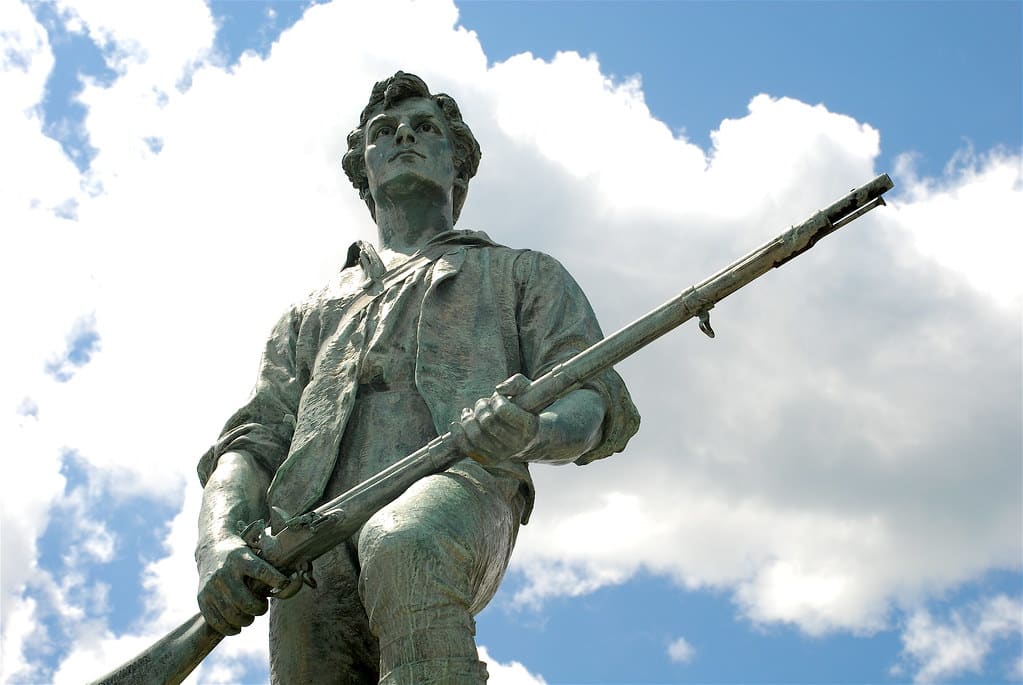America’s latest episode of mass homicide has sparked renewed advocacy for restrictions on gun ownership. Once again, the accompanying debate has many gun control advocates claiming the Second Amendment’s reference to a “well regulated militia” narrows the amendment’s scope if not rendering it altogether moot.
Before we examine those claims, it’s important to ensure readers have a proper general understanding of the Bill of Rights. Contrary to common misperception, these amendments do not bestow privileges upon American citizens. Rather, they are primarily a set of prohibitions against the government infringing on pre-existing human rights all people have.
That’s evident in the language. For example, the First Amendment begins “Congress shall make no law…” This amendment isn’t awarding citizens the rights of religion, speech and assembly—it’s outlawing the government’s thwarting of those innate and universal human rights.
Similarly, the Fourth Amendment asserts that “the right of the people to be secure in their persons, houses, papers, and effects, against unreasonable searches and seizures, shall not be violated.” Again, the authors are not granting those rights, they are protecting them.
When the Bill of Rights was proposed, some feared the enumeration of a handful of rights could be misinterpreted as providing a comprehensive catalogue—and thus empowering the government to infringe on human rights not specified. That’s why they included the Ninth Amendment, asserting that “the enumeration in the Constitution, of certain rights, shall not be construed to deny or disparage others retained by the people.”
With that understanding of the Bill of Rights in mind, we see that, via the Second Amendment, the founders explicitly asserted that there is a “right of the people to keep and bear arms.”
What about that reference to “a well regulated militia”? As we set out to scrutinize the phrase, let’s first observe that the Second Amendment contains two distinct components serving two different purposes:
- An operative clause that sets out a specific prohibition against the government’s infringement on a right: …the right of the people to keep and bear Arms, shall not be infringed.
- A prefatory clause that announces a purpose: A well regulated Militia, being necessary to the security of a free State…
Positioned in the prefatory clause, the “well regulated Militia” reference merely serves to provide a rationale—and not necessarily the only rationale—for the operative clause that follows.
While the Second Amendment stands apart from the others in the Bill of Rights by having a prefatory clause, such clauses were common in state constitutions of the era.
Prefatory clauses were used to help “sell” amendments to those being asked to approve them. In this case, the authors were pointing to the necessity of an armed populace as the well from which militias are drawn—militias seen as a vital safeguard against the federal government they were creating.
In particular, America’s founders were wary of the federal government’s potential to create a standing army that could be used to destroy state sovereignty and individual liberties. Seeking to “sell” the amendment to drafting committees and state ratifying conventions, it made sense for the authors to highlight the link between militias and the people’s right to bear arms.

































